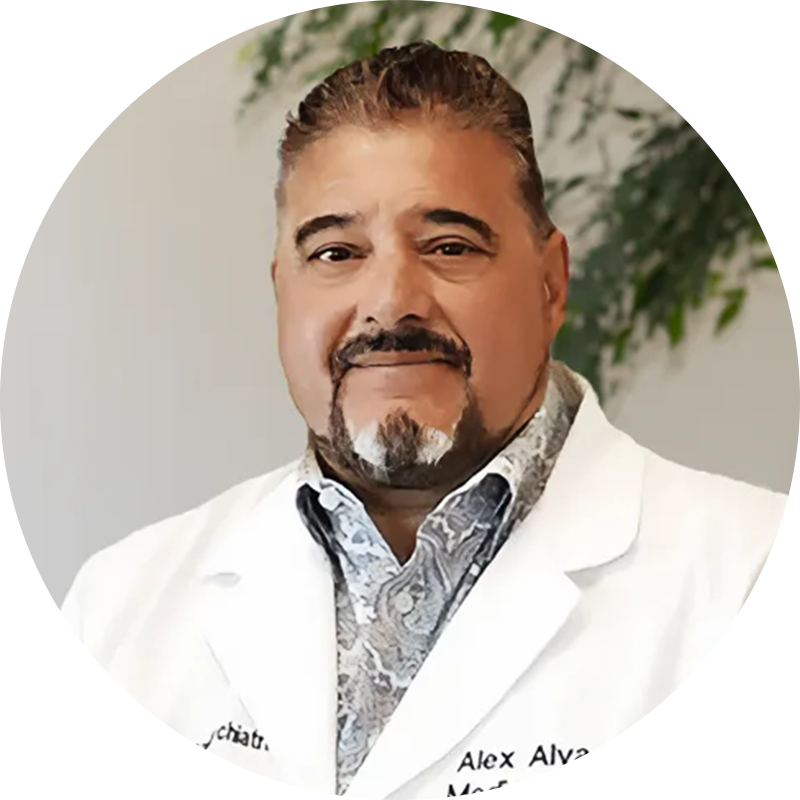What to Expect During Alcohol and Drug Detox

Authored By:
Raleigh Souther

Edited By:
Chase Mcquown

Medically Reviewed By:
Dr. Alejandro Alva
- Last Updated:

The alcohol detox and drug detox process is different for every person, every addiction, and every substance. If you search for “free detox centers near me” or “alcohol detox near me” you may find facilities that offer a safe space to withdraw from substances. However, understanding what to expect during detox can help ease fears, prepare you mentally, and guide you in seeking the right kind of support.
1. Medical Assessment
Before starting detox, most reputable programs begin with a thorough medical assessment. Healthcare professionals will evaluate your physical health, substance use history, and any underlying conditions. This assessment helps create a personalized detox plan that prioritizes safety and comfort.
2. Withdrawal Symptoms
How long the detox takes will depend on the substance. Withdrawal symptoms vary based on the substance used, the duration and frequency of use, and individual health factors. Some common withdrawal symptoms include:
- Alcohol: Anxiety, tremors, headaches, nausea, and, in severe cases, seizures or delirium tremens (DTs).
- Opioids: Muscle pain, sweating, agitation, diarrhea, and insomnia.
- Stimulants: Fatigue, depression, mood swings, and intense cravings.
- Benzodiazepines: Anxiety, irritability, sleep disturbances, and, in severe cases, seizures.
These symptoms typically range from mild to severe and can last anywhere from a few days to several weeks.
3. Medical Supervision and Support
Detoxing under medical supervision ensures safety, especially when withdrawing from substances like alcohol or benzodiazepines, where complications can be life-threatening. Professionals may use medications to manage symptoms and reduce discomfort. Common medications include:
- Benzodiazepines for alcohol withdrawal to prevent seizures.
- Methadone or buprenorphine for opioid withdrawal to ease cravings and reduce withdrawal symptoms.
- Anti-nausea and anti-anxiety medications to address specific symptoms.
4. Emotional and Psychological Challenges
Detox can be emotionally challenging. Many people experience anxiety, irritability, depression, mood swings and intense cravings for the substance they are detoxing from. Counseling and support groups are vital to helping manage these emotional difficulties and provide encouragement.
5. Post-Detox Care
Detox is just the beginning of recovery. After the body is free of substances, addressing the psychological and behavioral aspects of addiction is essential. Visalia Recovery Center treats co-occurring addiction and mental health issues and provides effective, science-backed treatment for long-term success.
We meet our clients where they are in their journey and every step is personalized — judgement free. In addition to compassion and community, one of the biggest benefits of our treatment facility is that it’s small; the staff to client ratio is almost 1 to 1.
Insurance and Affordability
As an in-network provider, we work with your insurance to minimize out-of-pocket costs. This makes high-quality treatment more accessible.
Detox is just the first step in your recovery journey. If you’re ready to take that step or need more information, call us at 559-705-5180 today.


